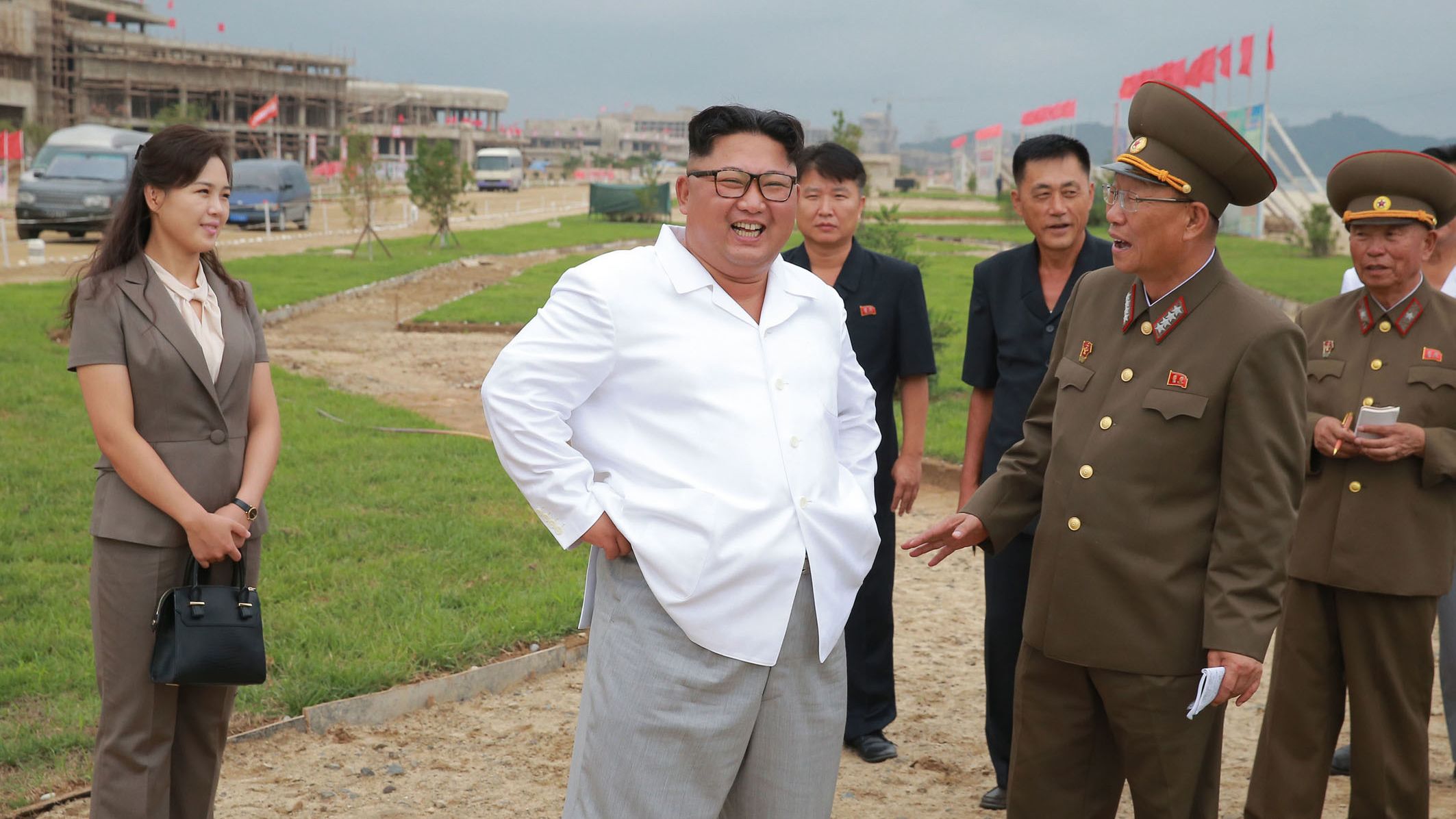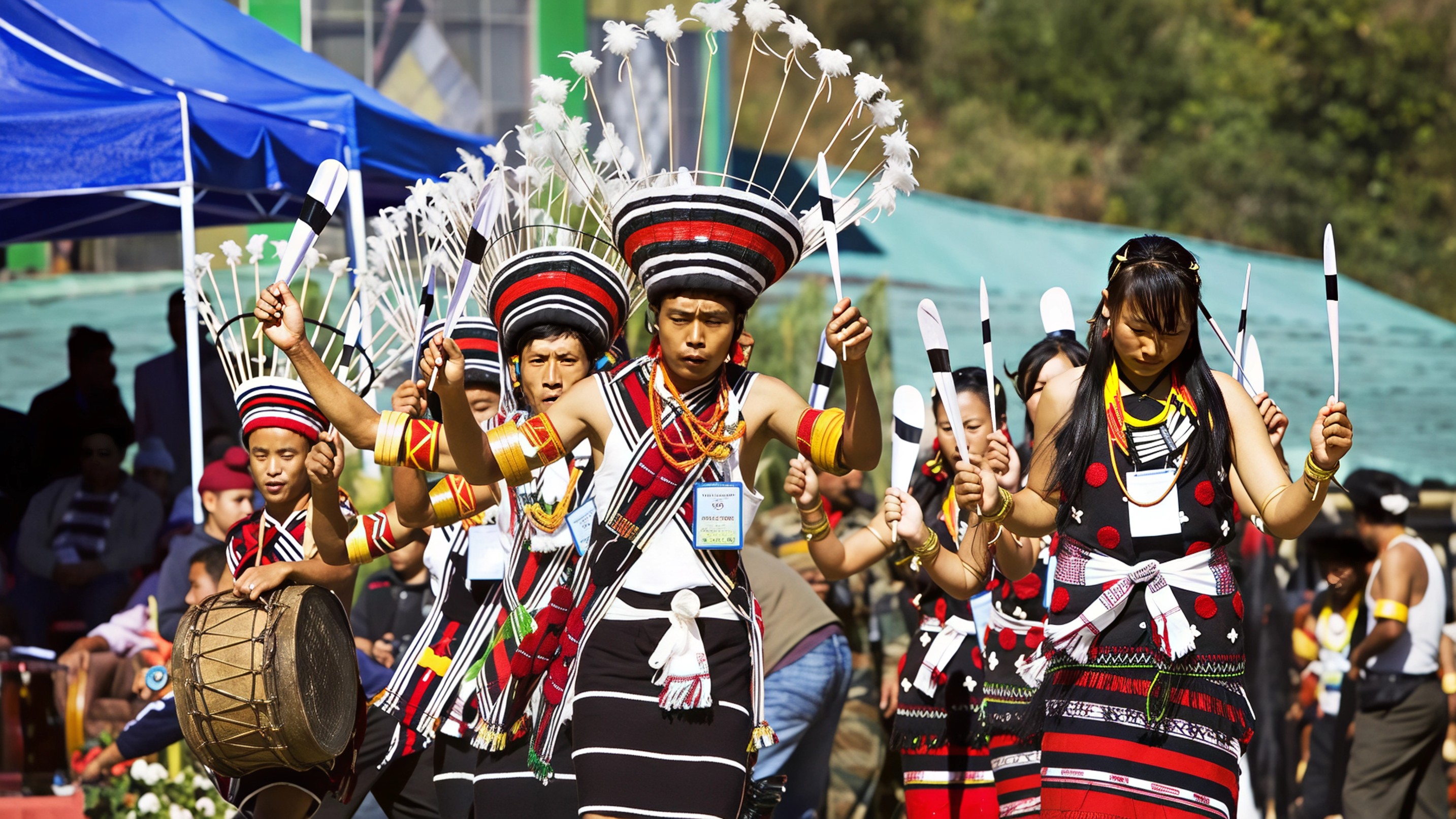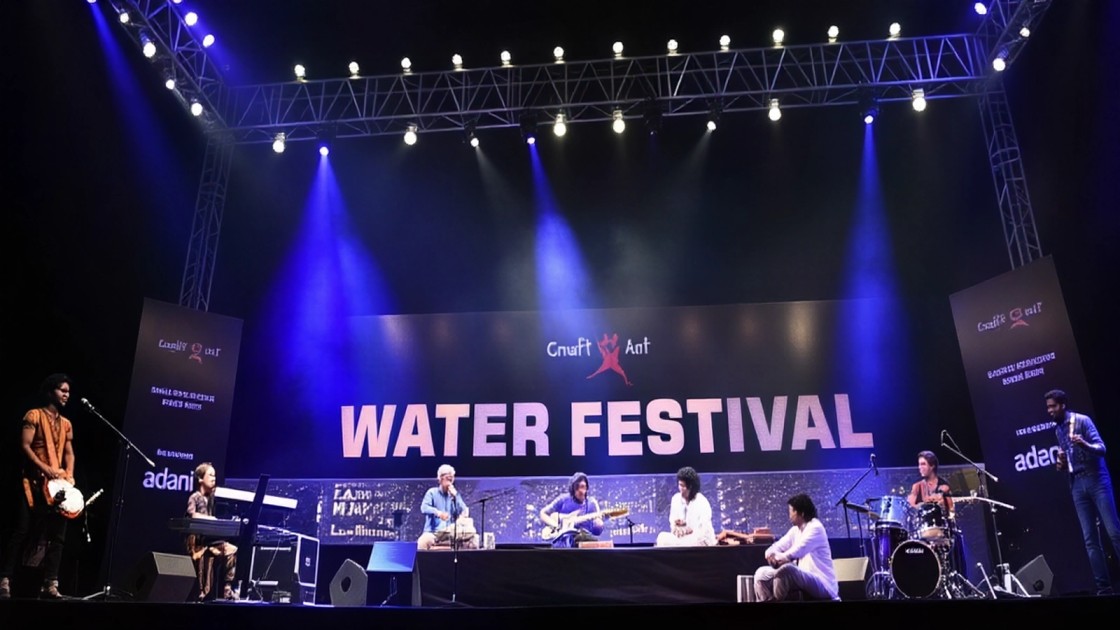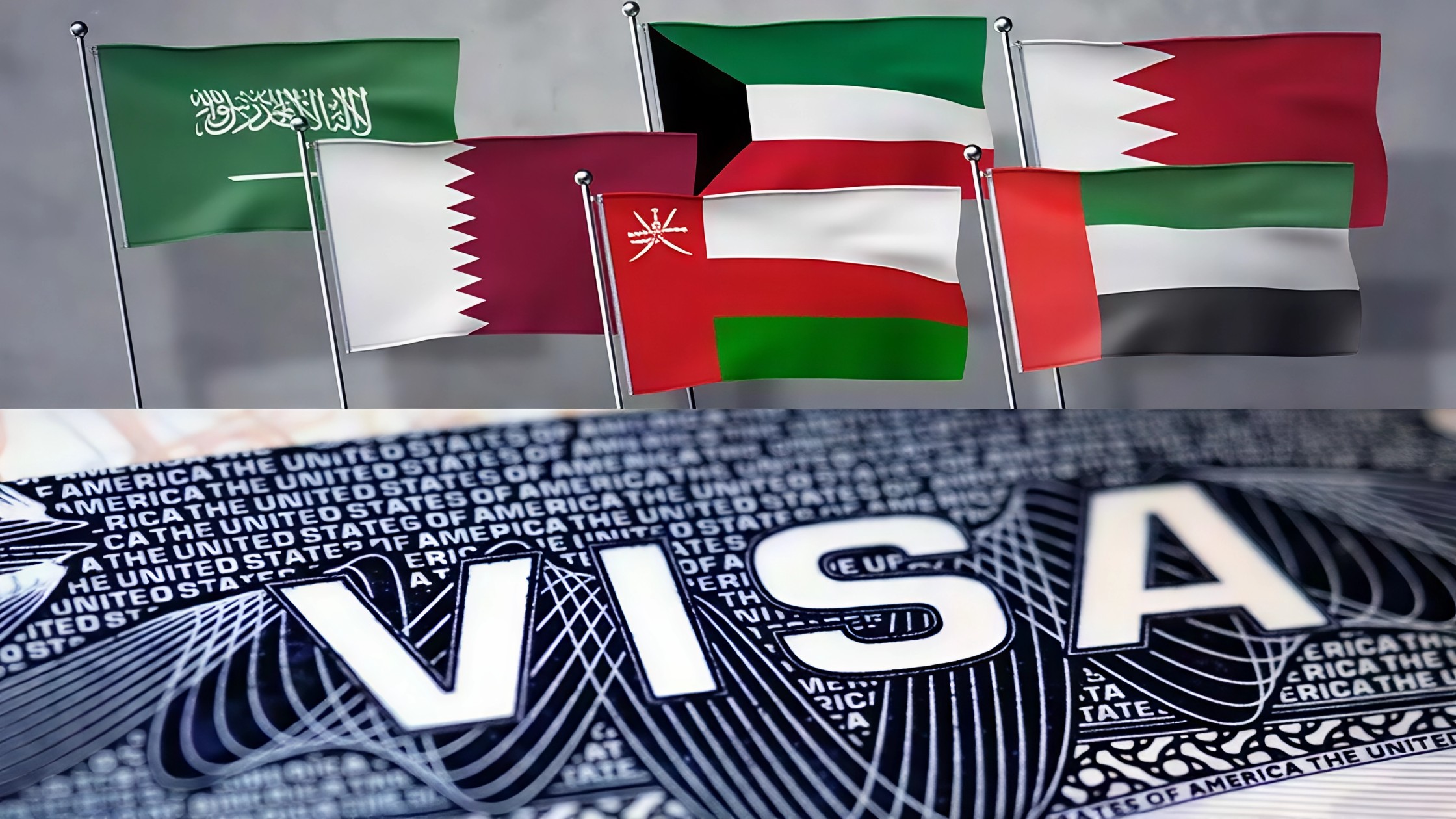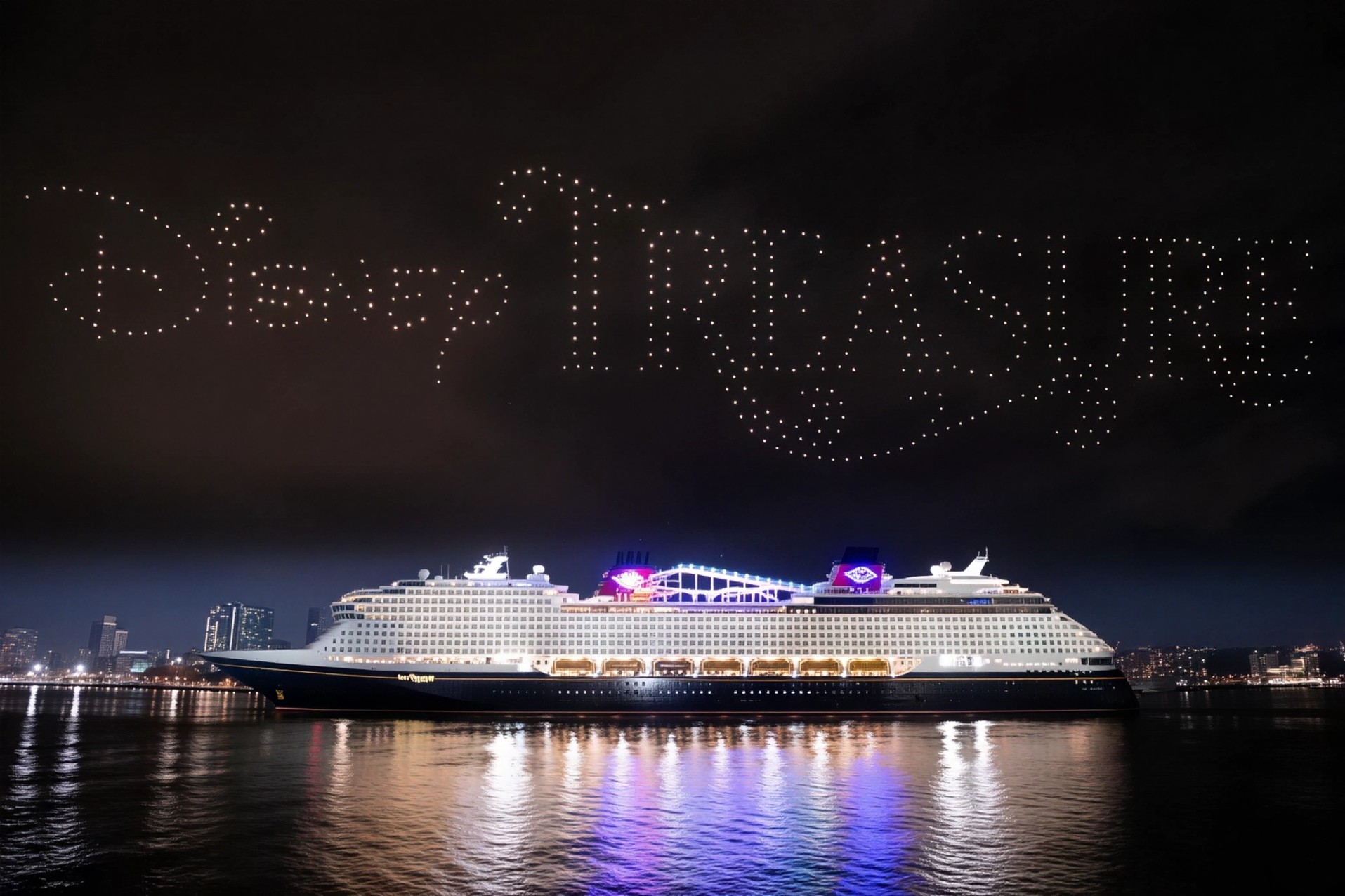North Korea has officially opened the long delayed Wonsan Kalma coastal resort, a sprawling luxury project that marks a major shift in the country's approach to tourism. With five years of international isolation behind it and limited travel options available, this new development is part of a broader plan to change how the world views the reclusive state.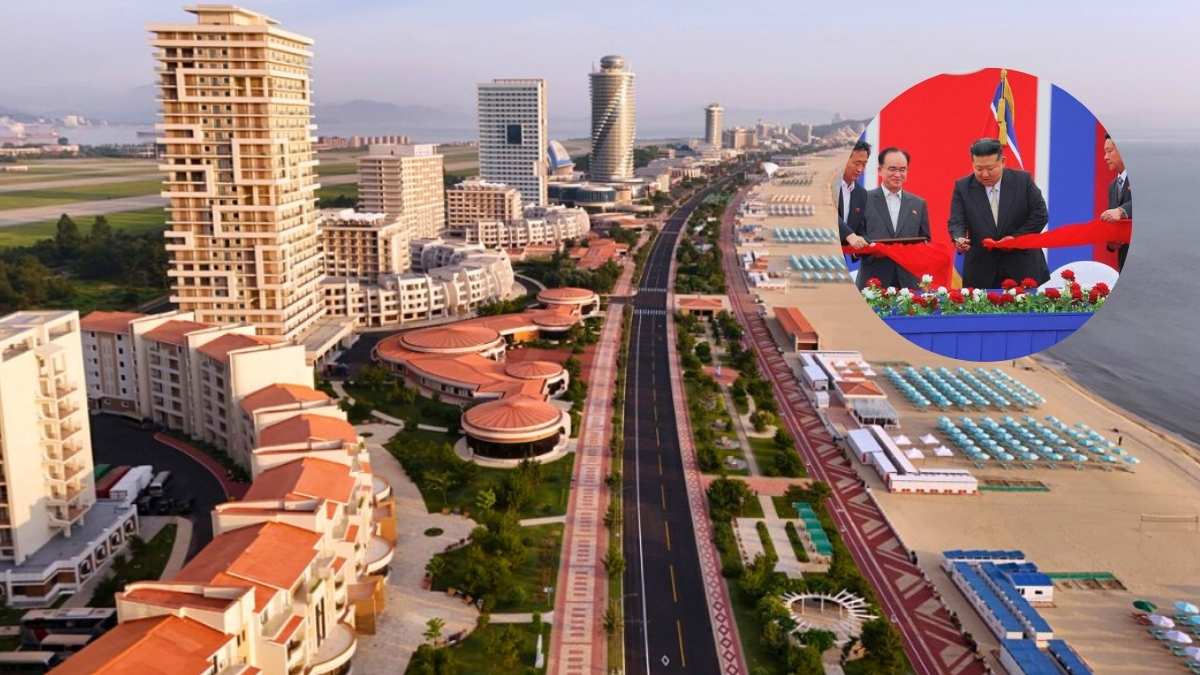
After nearly seven years of construction, delays, and logistical hurdles, North Korea has finally completed the Wonsan Kalma tourist zone on its eastern coast. This massive beachfront project spans five kilometres along the Kalma Peninsula and is now being hailed as a national milestone by state media. Kim Jong Un personally endorsed and promoted the resort’s opening, signaling how seriously the leadership is taking this attempt to reshape the country’s image.
Often associated with nuclear weapons programs and military parades, North Korea is now positioning itself as a potential destination for high end travel. The Wonsan Kalma project offers something entirely different from the country’s usual narratives. Instead of soldiers or statues, it showcases leisure and luxury. The resort features over fifty hotels, indoor and outdoor water parks, a golf course, cinema halls, shopping centers, gaming zones, beer halls, and several high end restaurants. For a nation that has remained closed off to the outside world for decades, this new development is as symbolic as it is strategic.
The idea for this coastal paradise was first revealed in 2018. However, construction suffered multiple setbacks due to sanctions, shortage of construction materials, and the global pandemic. Despite these challenges, the resort is now scheduled to welcome domestic tourists from July 1. International visitors, however, will only be allowed in limited numbers for now.
Russia is one of the few countries being cautiously welcomed into this reopening phase. A Russian travel agency has already confirmed a package that includes flights from Pyongyang to Wonsan, with a four night stay at the beach resort, an additional night at the nearby Masikryong ski resort, and a day of sightseeing in the capital city. While such arrangements are still rare, they indicate the beginning of a slow and selective return of international tourism to North Korea.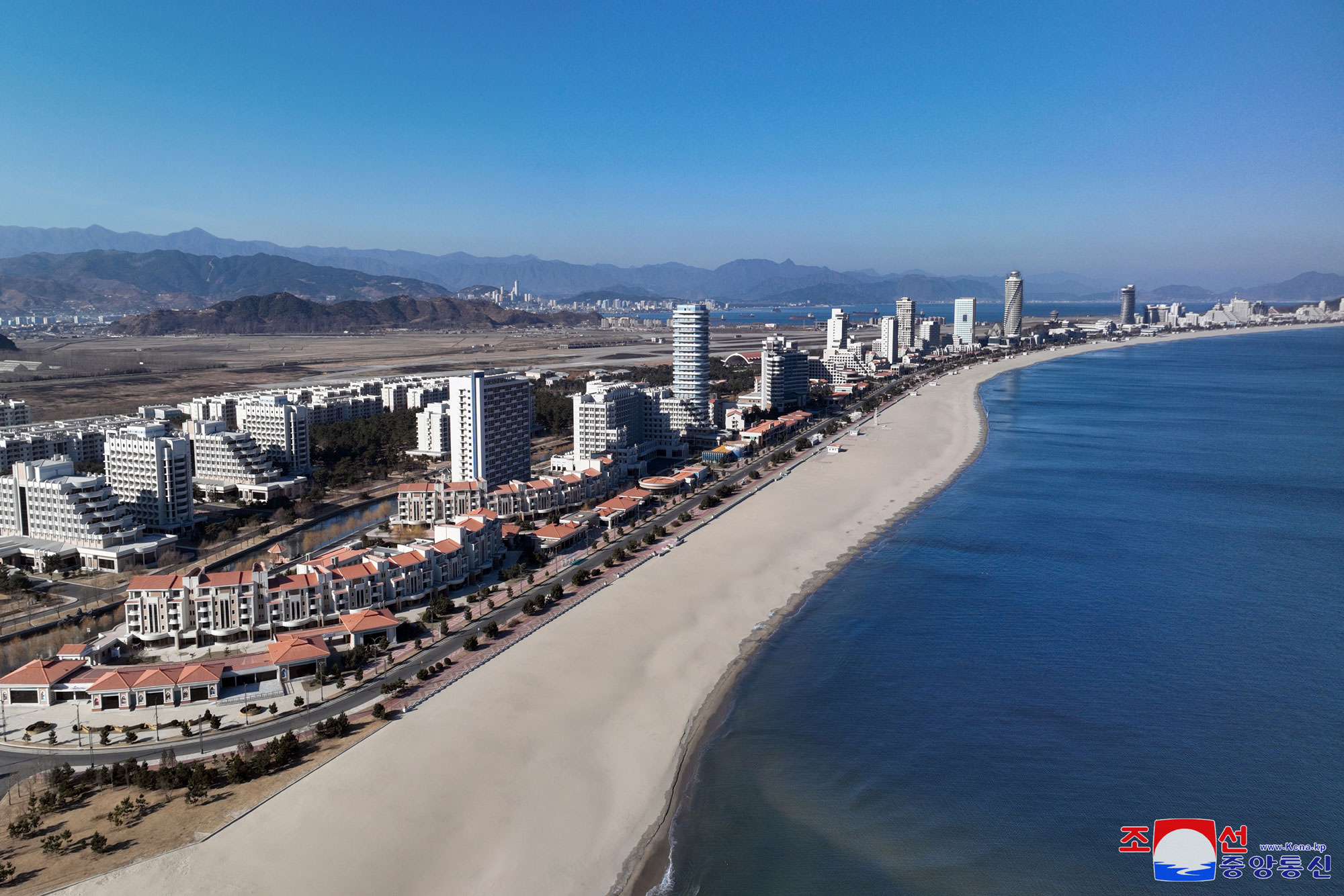
The significance of the Wonsan resort goes beyond leisure. It is a clear example of North Korea attempting to diversify its economy and enhance soft power. Tourism remains one of the very few sectors that are not completely strangled by international sanctions. Even though the regime remains under heavy scrutiny for its weapons programs, tourism offers a legal route to generate revenue and engage the outside world in a more palatable way.
In April, the country even hosted a marathon with a small number of international participants. While this did not signal a complete reopening, it served as a preview of the direction North Korea may take in the coming years. For now, the Wonsan resort stands as a showpiece that combines national pride with aspirations of a new global identity.
Whether this luxury coastal project will evolve into a sustainable tourist hub or remain a symbolic effort is yet to be seen. But its opening marks one of the most visible signs of North Korea’s changing ambitions.
To discover more unique travel developments and offbeat destinations across the globe, follow Travel Moves on Instagram and Facebook.

